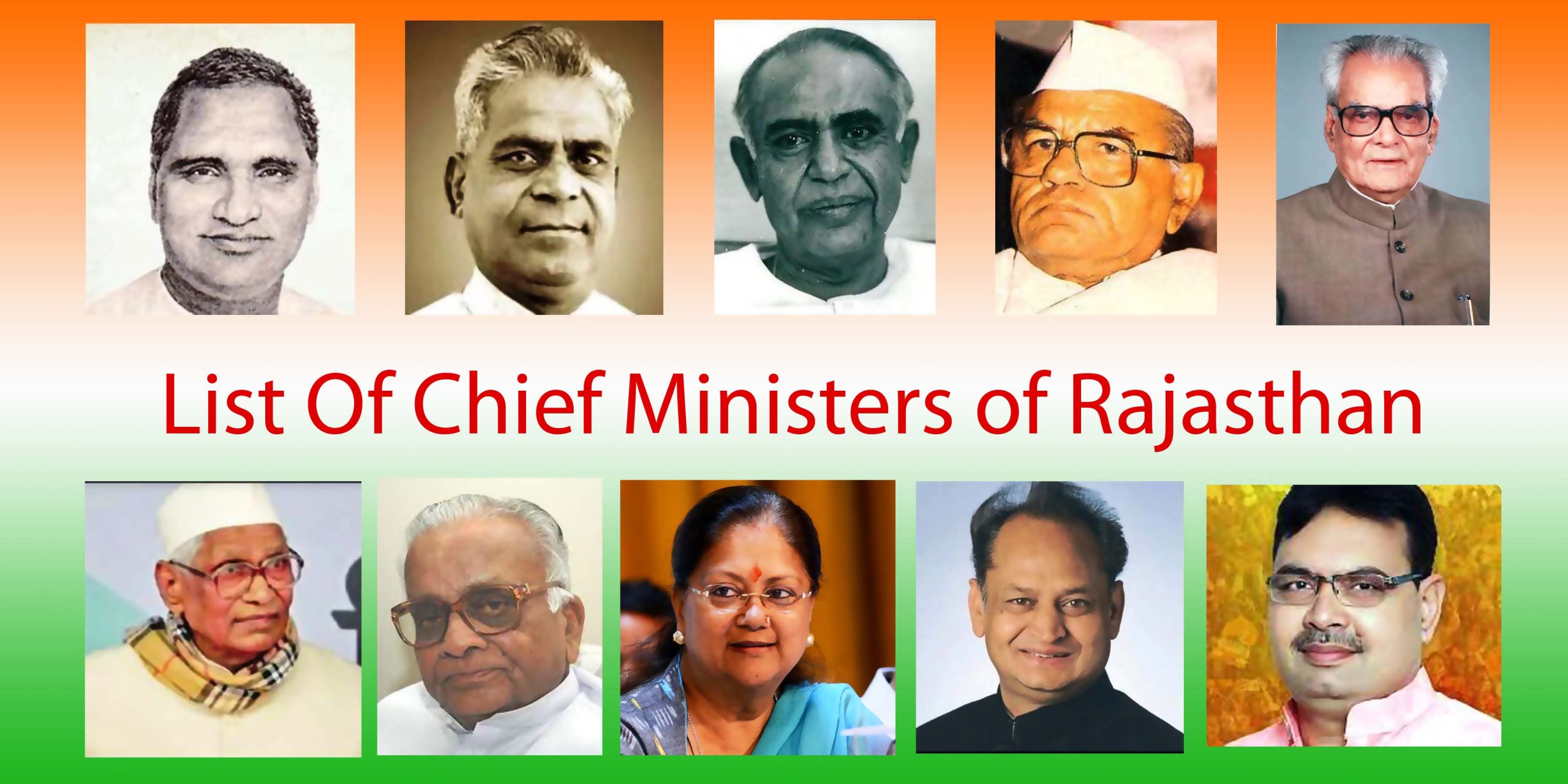
A Journey of Chief Ministers of Rajasthan Since Independence
Since its formation, Rajasthan has been steered by a series of dynamic Chief Ministers, each leaving a unique imprint on the state’s development and governance. In a Journey of Chief Ministers of Rajasthan Since Independence, we will explore the contributions of each Chief Minister, shedding light on how their policies and visions have shaped modern Rajasthan. Rajasthan’s political journey mirrors its rich cultural and historical heritage from the foundational years under Hiralal Shastri to the contemporary era with Bhajan Lal Sharma.
Additionally, in a Journey of Chief Ministers of Rajasthan Since Independence, we will explore the stories of these leaders. It will examine their actions, challenges, and the impact of their tenure in shaping Rajasthan into the state we recognize today.
A Journey Through Leadership: Rajasthan Chief Ministers Since 1949
Hiralal Shastri (1949-1951)
As a revered leader and participant in the freedom movement, Hiralal Shastri was instrumental in forming the state of Rajasthan.
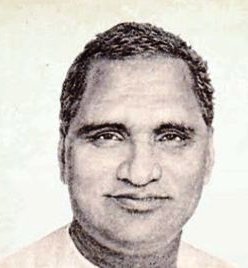
Key Contributions: He was crucial in setting up the state’s administration, focusing on improving rural areas and education.
Challenges: He faced the arduous task of bringing together different princely states to form a united Rajasthan.
Legacy: He is remembered as the leading builder of today’s Rajasthan, laying the foundation for its growth and progress.
Jai Narayan Vyas (1951-1954, 1954, 1962-1967)
Vyas, an experienced politician, was famous for his forward-thinking and leading with vision.
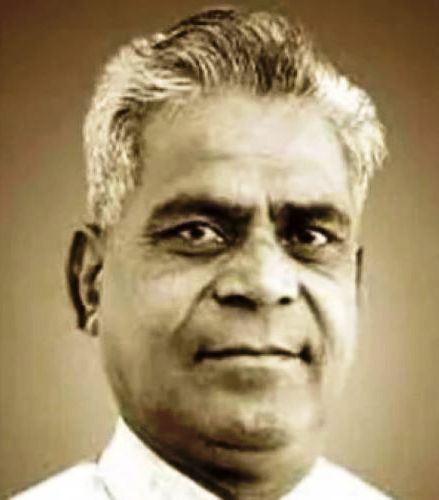
Key Contributions: There were significant improvements in managing water resources and setting up new schools and colleges during his time.
Challenges: He dealt with political ups and downs and differences across regions, handling them skillfully through diplomacy.
Legacy: During his tenure, he significantly enhanced Rajasthan’s infrastructure and education system, earning wide recognition for these achievements.
Mohan Lal Sukhadia (1954-1971)
Sukhadia, often called the ‘Common Man’s Maharaja,’ was the longest-serving leader in Rajasthan’s history.
Key Contributions: He led the Green Revolution and the drive for more industry and social welfare programs, which boosted the state’s economy like never before.
Challenges: He tackled poverty and problems in rural areas, concentrating on improving farming and industry.
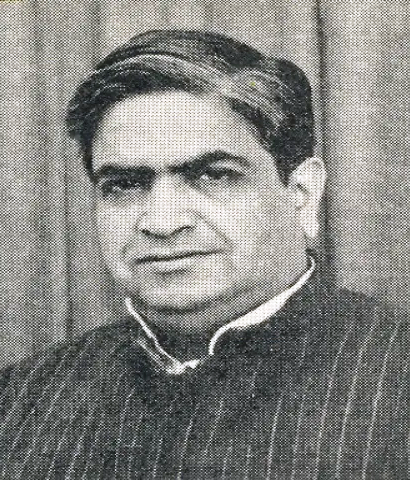
Legacy: Many consider his tenure marked by substantial growth and development in Rajasthan.
Barkatullah Khan (1971-1973)
He was a leader strongly dedicated to social fairness and equality.
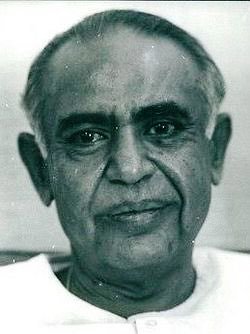
Key Contributions: He concentrated on improving land policies and improving the lives of underprivileged communities.
Challenges: He tackled problems related to unequal social conditions and fair land distribution.
Legacy: His dedication to enhancing the lives of society’s less privileged groups is a crucial aspect of his legacy.
Hari Dev Joshi (1973-1977, 1980-1981, 1988-1989)
He was a prominent figure in Rajasthan’s political scene, famous for his strong belief in democratic principles.
Key Contributions: He focused on reforming education, building better infrastructure, and supporting the principles of democratic governance.
Challenges: He handled periods of political uncertainty and various difficulties in running the government effectively.
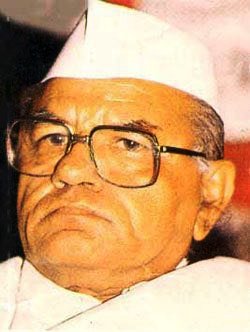
His ethical approach to politics and a solid commitment to democratic values form the cornerstone of his legacy.
Bhairon Singh Shekhawat (1977-1980, 1990-1992, 1993-1998)
Shekhawat, an experienced politician and critical figure in the Bharatiya Janata Party (BJP), was well-known for his strong ties with local communities.
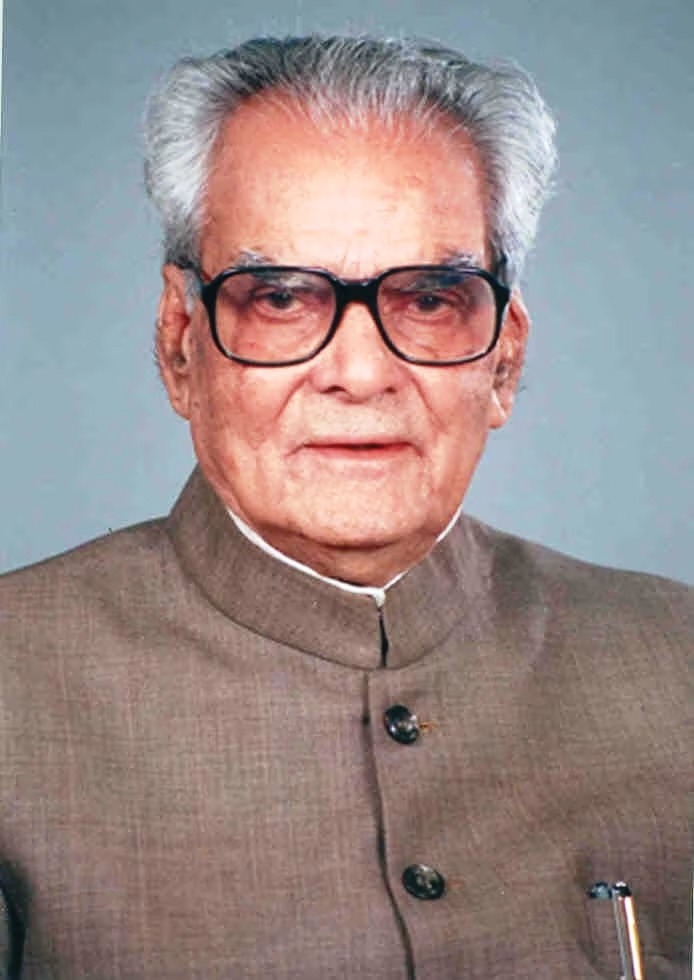
Key Contributions: He led many significant projects to build better roads and other infrastructure and boosted tourism in Rajasthan.
Challenges: He skillfully managed times of political turmoil and economic difficulties.
Legacy: His role as a visionary leader who was vital in modernising Rajasthan’s infrastructure is a significant part of his legacy.
Jagannath Pahadia (1980-1981)
Pahadia, deeply dedicated to social justice, was notable for being Rajasthan’s first Dalit Chief Minister.
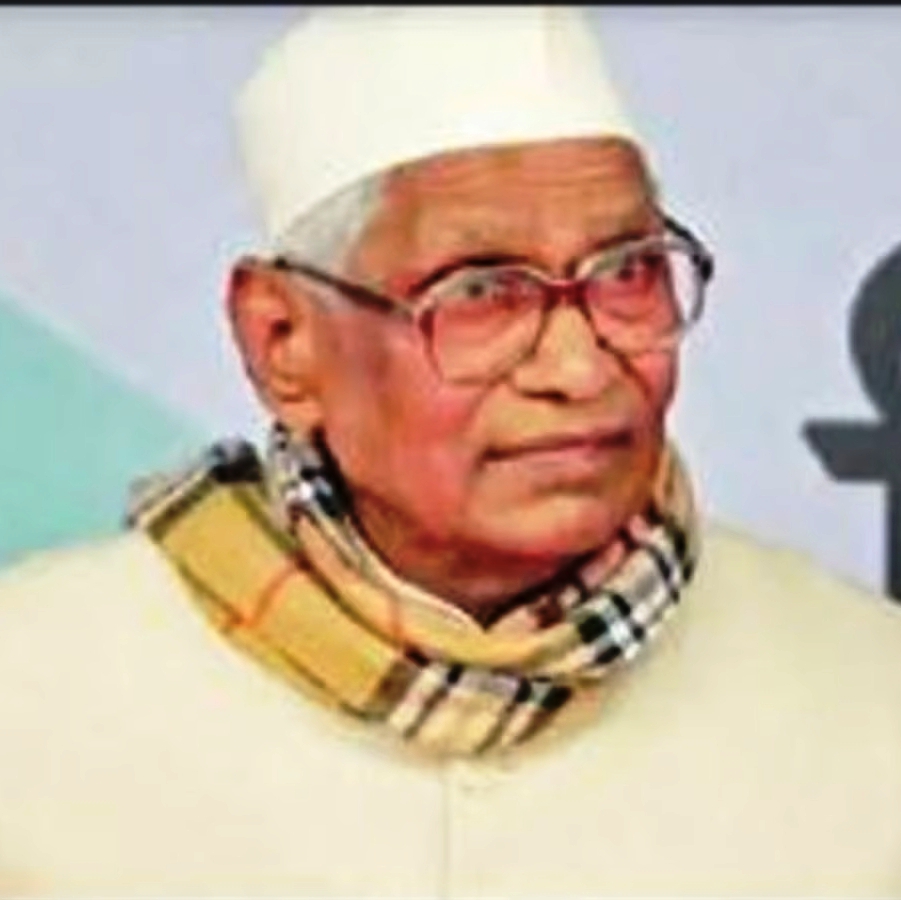
Key Contributions: He focused on improving the lives of underprivileged groups and made significant efforts to change land policies.
Challenges: He tackled difficulties in reducing social inequality and implementing new reforms.
Legacy: He is renowned for his leadership, deeply rooted in advocating for social justice and promoting equality.
Shiv Charan Mathur (1981-1985, 1988-1989)
He is renowned for his diplomatic prowess and strong administrative skills.
Key Contributions: He concentrated on boosting industry and building better infrastructure, which helped the state’s economy grow.
Challenges: He faced challenges in advancing industrial development and ensuring even growth across the state.
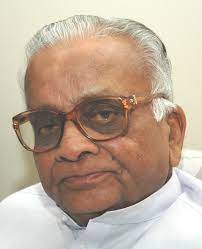
Legacy: His pivotal role in advancing the industrial growth and development of Rajasthan is a notable part of his legacy.
Vasundhara Raje (2003-2008, 2013-2018)
She was a vibrant leader, famous for her contemporary and forward-thinking approach to government leadership.
Key Contributions: During her time in office, she made significant technological improvements, built better infrastructure, and substantially changed the education system.
Challenges: She faced difficulties updating the country for the modern era, growing the economy, and finding a balance between keeping traditional values and meeting today’s needs.
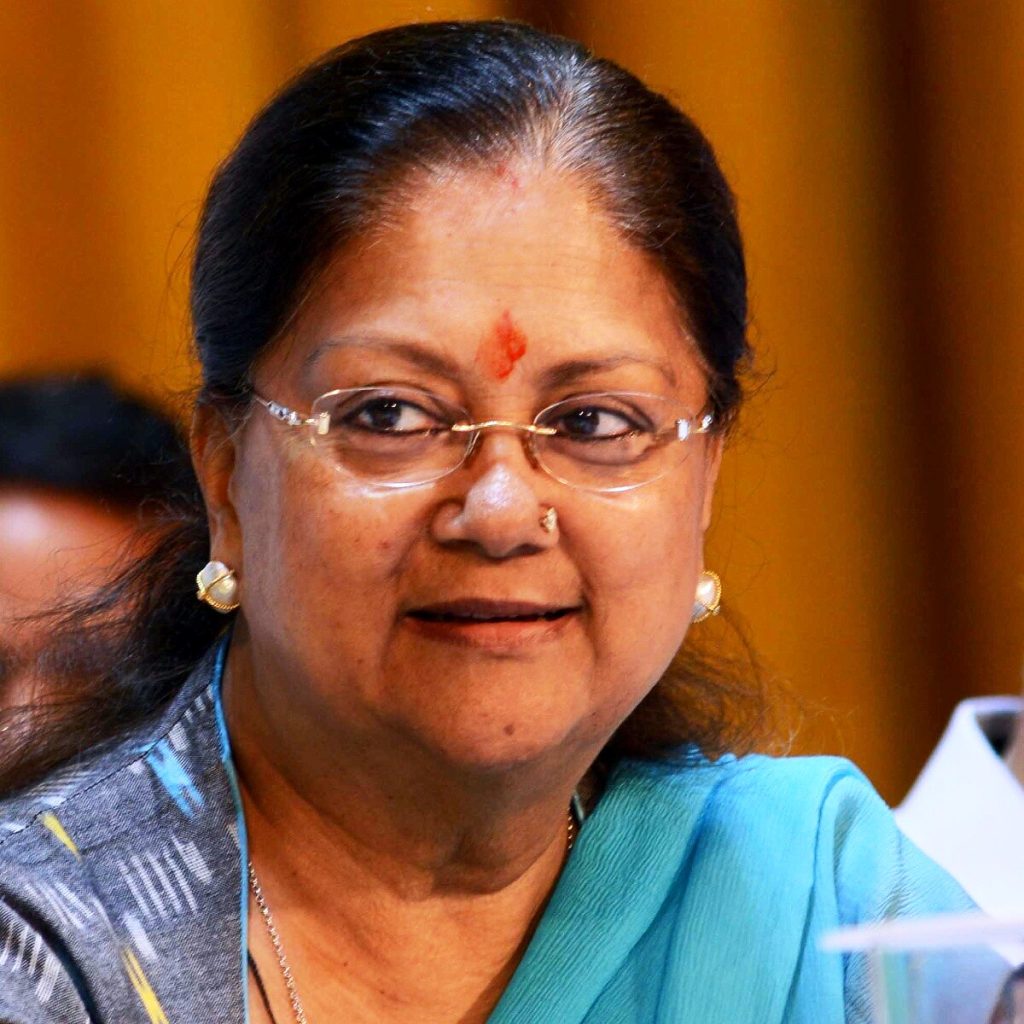
Legacy: She played a pivotal role in the modernization and development of Rajasthan, earning wide recognition for her tenure’s transformative impact on the state.
Ashok Gehlot (1998-2003, 2008-2013, 2018-2023)
Gehlot is a leader who cares a lot about people’s well-being and is known for leading in a way that includes everyone.
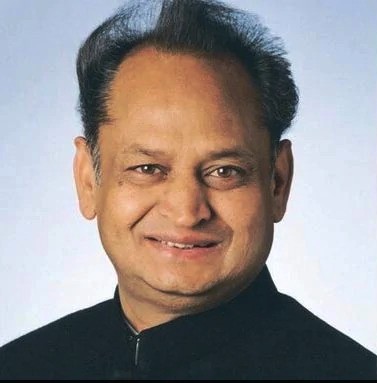
Key Contributions: During his time in office, he has made essential changes in healthcare, education, and helping those in need.
Challenges: He recently faced the arduous task of handling the COVID-19 crisis. His strategic policy-making significantly reduced the pandemic’s impact on the state.
Legacy: Gehlot is a leader dedicated to helping people and ensuring everyone benefits from progress.
Bhajan Lal Sharma (2023-Present)
Sharma started his political journey in school, getting involved with the RSS. He then climbed up the ranks in the youth wing of the BJP, known as the Bharatiya Janata Yuva Morcha (BJYM), and later in the BJP itself. Before becoming the Chief Minister, Sharma held essential roles in the BJP at the local (district) and broader (state) levels.
Key Contributions: Sharma will likely focus on improving public facilities, healthcare services, schools, and programs to help people in need.

Challenges: Sharma faces the challenge of understanding and working within the complex political environment of Rajasthan. He must focus on the state’s development while respecting its rich cultural traditions. Another significant challenge he confronts is managing the continuing consequences of the COVID-19 pandemic, particularly its economic repercussions.
Legacy: Since Bhajan Lal Sharma has only recently become Chief Minister, it’s too early to talk about his lasting impact or legacy. However, his legacy will likely be defined by how well he handles Rajasthan’s current challenges and how he implements his policies. His ability to balance preserving Rajasthan’s traditional values and pushing for modern growth and development will also play a big part in shaping his legacy.
Conclusion:
The history of Chief Ministers in Rajasthan shows how the state’s politics have changed over time. Together, a journey of Chief Ministers of Rajasthan since independence, their ideas and plans, helping the state develop and keep its deep-rooted cultural traditions. The impact of their work is still guiding Rajasthan towards a bright and forward-looking future.
On Postswirl blogging site, a journey of Chief Ministers of Rajasthan since independence. Take a closer look at their achievements. The hurdles they faced and the difference they have made in bringing the state forward.




